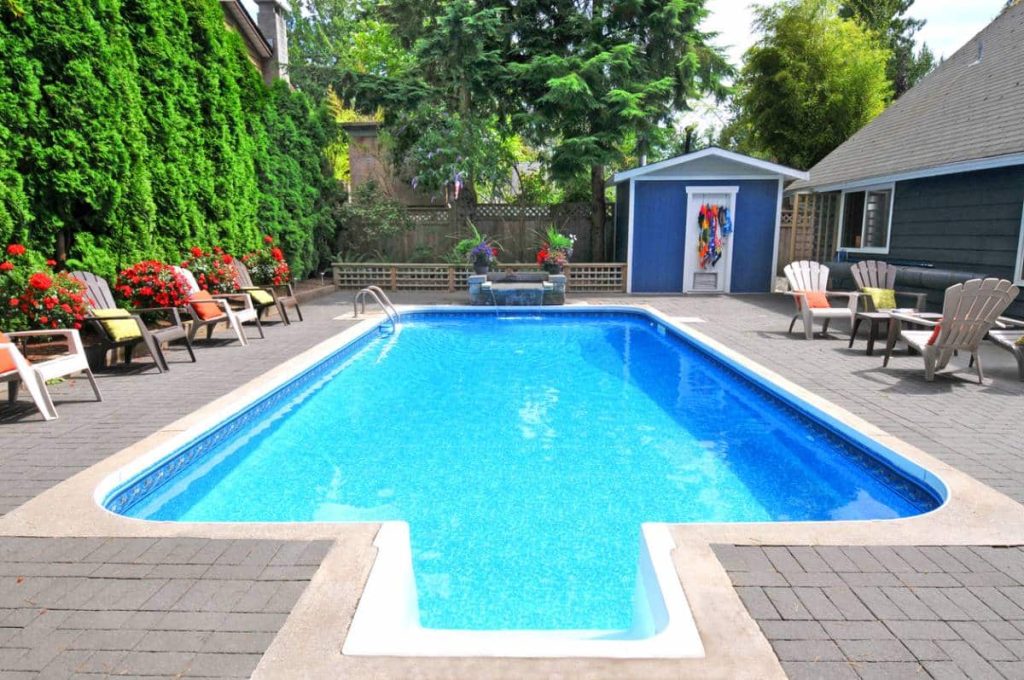Neighborhood noises can quickly become hell for those who experience them. This does not only concern the noise pollution heard from the other side of the wall. Indeed, neighborhood noise can be of several kinds. We also speak of daytime noise and nighttime noise. In this complete article, discover everything you need to know about noise punishable by law: timetables to be observed, appeals, amount of fines, effect of noise on health… Focus on the regulations in force in terms of neighborhood noise !
Summary
What is meant by neighborhood noise?
Neighborhood noise concerns neighbours, but not only. In fact, they also include noise from the immediate environment.
First there are behavioral noises (too loud music, musical instrument, noise of heels on the floor, furniture being pulled, sound of noisy toys, barking, domestic firecracker, etc.).
And neighborhood noise also includes activity noise (construction work, maintenance of green spaces, nightclubs, etc.). These are the noises that come from the street.
Noises punishable by law
By punishable noises, we mean behavioral noises caused day and night and which can be caused by an individual (scream, heels, singing, party, etc.), by a thing (DIY tool, firecracker, household appliance, musical instrument …) or by an animal (barking, for example).
During the day, when the noise is repetitive, intense and lasts over time, it causes an abnormal neighborhood disturbance.
At night, the violation exists even if the noise is not repetitive, intense and long-lasting. We then speak of nocturnal uproar when its author is aware of the trouble it is causing and does not take measures to remedy it.
To know : olfactory nuisances (smell of manure, rubbish, barbecue, etc.) or visual nuisances (annoying installation, for example) also constitute an abnormal neighborhood disturbance.
Hours for making noise: What the law says ?
First, be aware that most often, local regulations prohibit work on Sundays or authorize them only in the morning between 10 a.m. and noon.
As for the other days of the week, the hours for making noise are generally between 8 am and 6 pm at night (or 10 pm). On Saturday, the time is shorter.
It is the town halls that regulate the timetables to be respected in order to make noise. These rules therefore depend on a municipal decree. Go to your town hall to find out the quiet times to respect.
On the other hand, if you live in a condominium, remember to consult the condominium regulations because they may also provide for timetables to be respected.
Neighborhood noise legislation
Neighborhood noise causing noise pollution can be penalized if it constitutes an abnormal disturbance, occurring day or night.
The law of March 23, 2019 (n°2019-22) imposes the use of conciliation via a justice conciliator or mediation, prior to referral to the court.
Does noise have an impact on health?
Noise, whether day or night, has harmful effects on health. Indeed, repetitive noises that last over time are a source of stress and irritability. It’s hard to relax when you perceive a cacophony on the other side of the wall or the street.
But in addition to the fatigue (inability to sleep, feeling of still hearing the noise) and the anxiety that neighborhood noises generate, it is also necessary to take into account ailments directly related to hearing.
Indeed, neighborhood noise can lead to hearing problems and in particular progressive deafness. Deprivation or impairment of hearing may occur following repeated daily exposure to noise above 85 decibels. And tinnitus can also be seen. This is the abnormal perception of a noise in the absence of a sound source (buzzing, whistling, screeching, etc.).
Daytime noise: definition and schedules
We speak more frequently of nocturnal uproar. However, there is also daytime noise, which concerns nuisances observed between 7 a.m. and 10 p.m. in the evening.
It is the decree of August 31, 2006 which introduces this notion for the very first time. In addition, it has simplified the neighborhood noise control procedure by making it possible to inspect certain offenses (musical instruments, animals, DIY, etc.).
Night noise: schedules
Nocturnal uproar concerns as much noise perceived from a neighboring dwelling as that coming from the public thoroughfare. We speak of nocturnal noise when the nuisance occurs between 10 p.m. in the evening and 7 a.m. in the morning.
The decree of March 9, 2012 provides for a penalty for this offence:
- 68 euros fine to be paid within 45 days;
- 180 euros beyond this period.
Only police officers and country guards are empowered to note the offense of nocturnal noise.
Neighborhood noises: what to do ?
Amicable recourse: mediation
As a first step, the neighborhood noise problem should be settled amicably. Thus, several steps can be taken successively:
- talk to the author of the noise to inform him of the inconvenience suffered;
- ask the town hall if there is an order on the noise in question.
Then, if the author of the noises does not seem receptive, send him a simple letter, then a registered letter with acknowledgment of receipt if the discomfort persists.
If the situation does not change, use a third party to solve the problem. This may be the mayor, who is required to guarantee the tranquility of the inhabitants of the municipality.
In the case of co-ownership, check the regulations and ask the syndic of co-ownership to enforce the regulations if necessary.
Recourse to a justice conciliator or a bailiff
On the other hand, if the author of the noise is a tenant of the accommodation, contact the owner or call on a conciliator of justice. This is a free process.
To have noise pollution recorded, you also have the option of calling on a bailiff to draw up a report. This will be useful for you to initiate a legal action.
File a complaint with the police or the gendarmerie
If your out-of-court appeals are unsuccessful, the other solution is to file a complaint with the police or the gendarmerie. The police can observe nuisances, regardless of the type of noise committed.
Seek compensation in court
Finally, if you want to obtain compensation for the damage suffered, recourse to a civil court is necessary. You will then have to demonstrate the reality of your damage related to noise pollution by providing evidence (medical certificate, testimonials, petition, bailiff’s report, etc.).
The judge may then order the soundproofing of the housing of the author of the noise, or pronounce the termination of the lease if he is a tenant.
The risks in the event of neighborhood noise
According to decrees, diurnal and nocturnal disturbances are sanctioned by a fine to be paid within 45 days.
Companies can also engage their civil liability (article L.1382 of the Civil Code) if they are the cause of damage. If the abnormal neighborhood disturbances have been recognized by the judge, the company will have to pay damages to the victims. And if the noise constitutes an offence, the company is liable to a criminal sanction.




